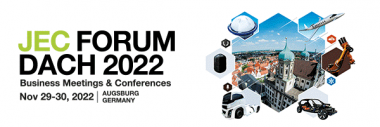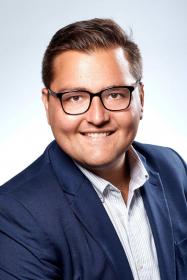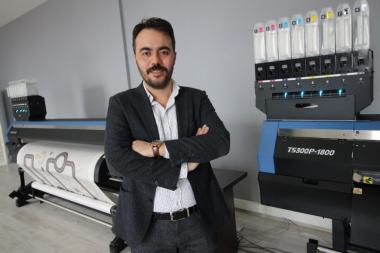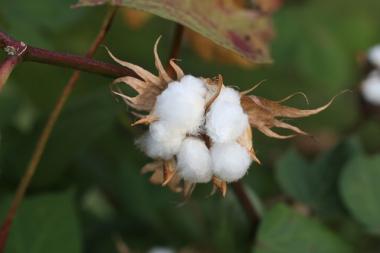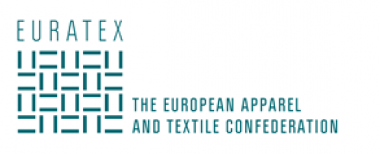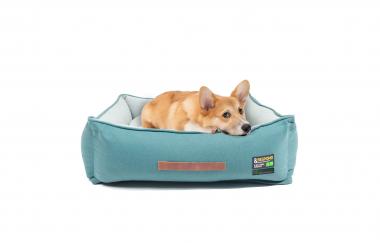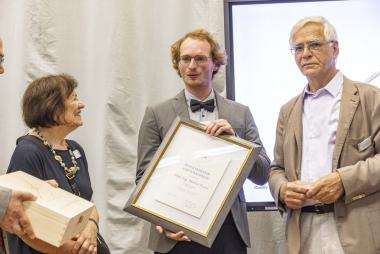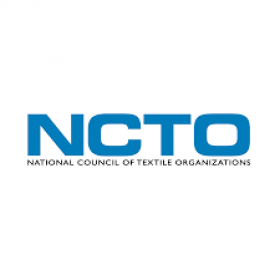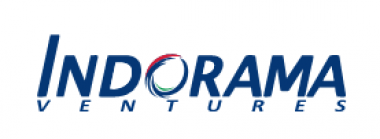Lenzing awarded by EcoVadis for sustainability
- Lenzing has been awarded the highest CSR rating from EcoVadis for the second consecutive time
- Global rating standard evaluates 90,000 companies: Lenzing among top 1 percent of its industry
- enzing joins the UN Global Compact sustainability initiative
Lenzing Group has been awarded platinum status in the CSR rating from EcoVadis. This comprehensive assessment covers the four key practices of corporate social responsibility: the environment, fair working conditions and human rights, ethics and sustainable procurement.
This is the second time that EcoVadis, a leading international provider of sustainability ratings for businesses, has awarded platinum status to Lenzing for its sustainability performance. As a result, Lenzing ranks among the world’s top 1 percent of companies in its sector that are rated by EcoVadis.
In line with its “Naturally positive” sustainability strategy, the Lenzing Group has set ambitious targets in each of its core strategic areas, aimed at bolstering its capacity to move from a linear to a circular model. Lenzing reports the corresponding implementation measures and the progress it has made in its annual sustainability report. This high level of accountability and transparency was particularly praised in the assessment by EcoVadis. The rating provider also highlighted Lenzing’s comprehensive measures to reduce air pollution, wastewater and greenhouse gases, in addition to its provision of skills development training and health care programs for staff members.
Partnerships for systemic change
Lenzing forges strategic partnerships with various stakeholders to meet its ambitious climate and sustainability targets and drive forward systemic change in the textile and nonwoven industries. This is why Lenzing, as one of 15,000 companies worldwide, joined the United Nations Global Compact. As a member, Lenzing is committed to upholding human rights, respecting the rights of employees and their representatives, protecting the environment, enabling fair competition and combating corruption.
Lenzing AG







